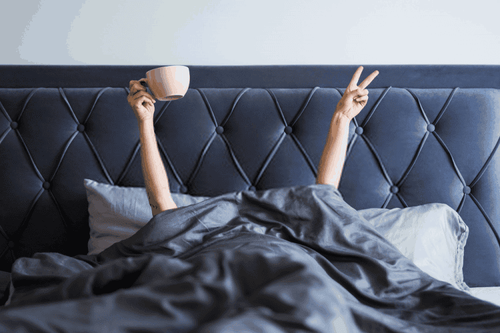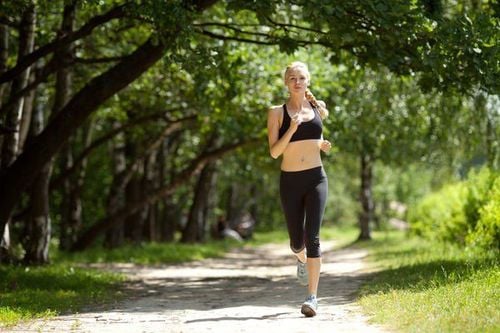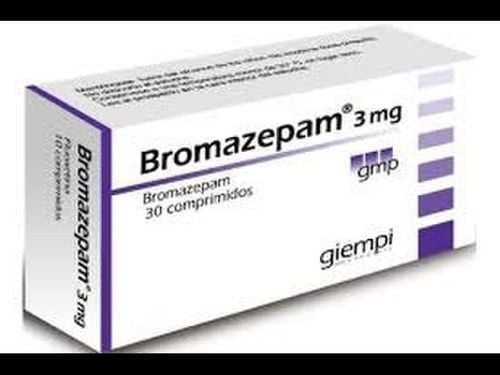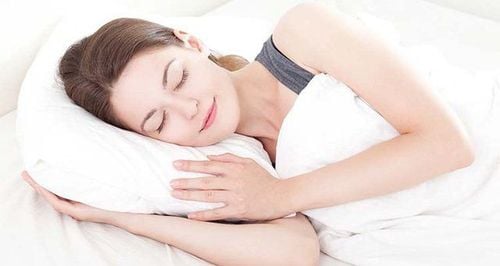This is an automatically translated article.
High exposure to artificial light can lead to nocturnal insomnia for older adults. According to a study published in the Journal of Clinical Sleep Medicine and a review of satellite data, people in brightly lit areas tend to take longer-lasting sleeping pills and take higher doses. people who are not exposed to light at night. So does light pollution cause insomnia at night?
1. Light causes insomnia at night and increases the use of sleeping pills
To arrive at their conclusion, researchers looked at data on more than 50,000 adults aged 60 and over and compared their nighttime light exposure with the use of two sleeping pills. are zolpidem and triazolam. The study authors say the results seem to confirm that light pollution can impair the health of people who are exposed. People who live in areas that are lit up at night with lots of neon signs and street lights are more likely to experience sleep problems.
Although research does not specifically prove a cause-and-effect relationship, scientists believe that intense light in the evening will affect sleep quality. For example, people who were exposed to a lot of light at night were 13% more likely to be dissatisfied with the quantity or quality of their sleep and complain of insomnia at night.
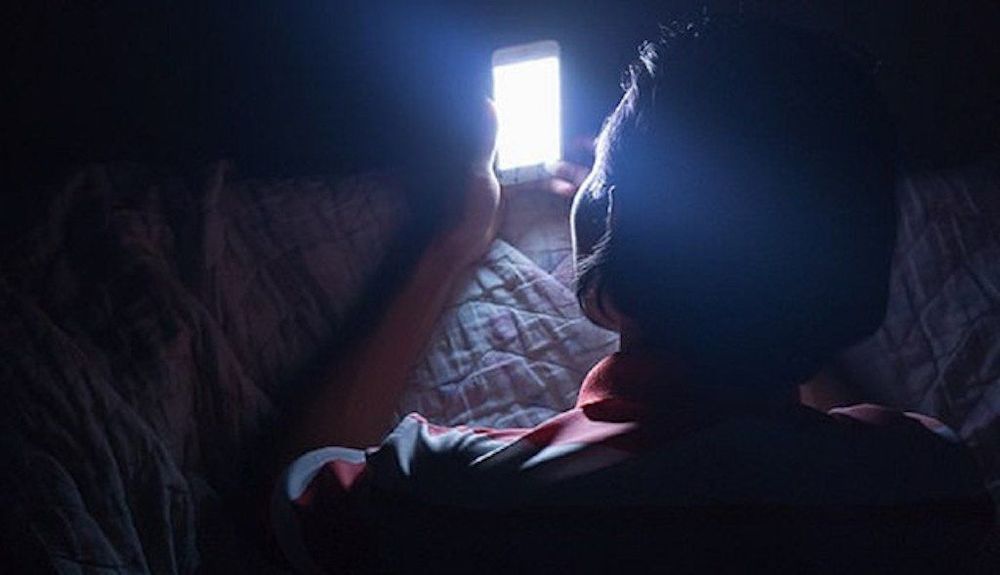
Ô nhiễm ánh sáng ban đêm có thể gây mất ngủ
2. Light pollution at night can cause insomnia
In an urban area, everyone tends to sleep much shorter and lose sleep at night because it is a busy, vibrant environment, we stay up later at night and are often exposed to sunlight. Bright light right from inside your apartment or house.
The body's natural circadian rhythm or sleep/wake cycle will make us feel more awake or drowsy, depending on the time of day. After staying awake for 16 hours or more every day, resting is considered a homeostatic way for the body to stay active. In addition, levels of melatonin, a sleep-promoting hormone, increase in the evening, while exposure to light slows down the release of that hormone that causes insomnia at night.
One study graphed people's sleep based on satellite data to measure nighttime light exposure. Researchers collected data on sleep habits, sleep quality, and medical and psychiatric disorders from nearly 16,000 people in phone interviews over an eight-year period and reported that In urban areas with more than 500,000 people, nighttime light exposure is 3 - 6 times higher than in small towns and rural areas.
People exposed to a lot of outside light slept less per night (average difference of 10 minutes per night) than those exposed to low light. Those exposed to higher light levels were also more likely to experience fatigue, nighttime confusion, excessive sleepiness, impaired functioning, and nighttime insomnia.
Note that research captures the population-level effects of light exposure on sleep by region, so whether some individuals close their bedroom windows or put on eyeglasses before going Sleep will not be an issue affecting the results. The only difference that would change the outcome would be if everyone turned off their bedroom lights every night.
According to a non-profit group that works to reduce the negative effects of artificial light, including its effects on human health, it has been confirmed that street lights produce the majority of light pollution in the world. planet. As more cities start to switch from yellow, incandescent light to blue light emitting diode (LED) lighting to save money, this could have other effects on sleep because the government should must find out the best color of the LED, which color protects our sleep safety.
Currently, urban dwellers who want a better night's rest can eliminate nightlights, turn off the screens of electronic devices, and invest in blackout curtains.
Follow Vinmec International General Hospital website to get more health, nutrition and beauty information to protect the health of yourself and your loved ones in your family.
Please dial HOTLINE for more information or register for an appointment HERE. Download MyVinmec app to make appointments faster and to manage your bookings easily.
References: webmd.com, health.harvard.edu





